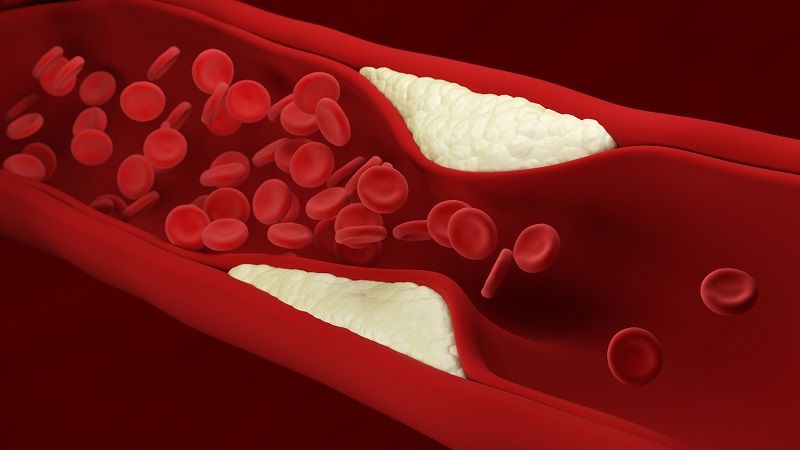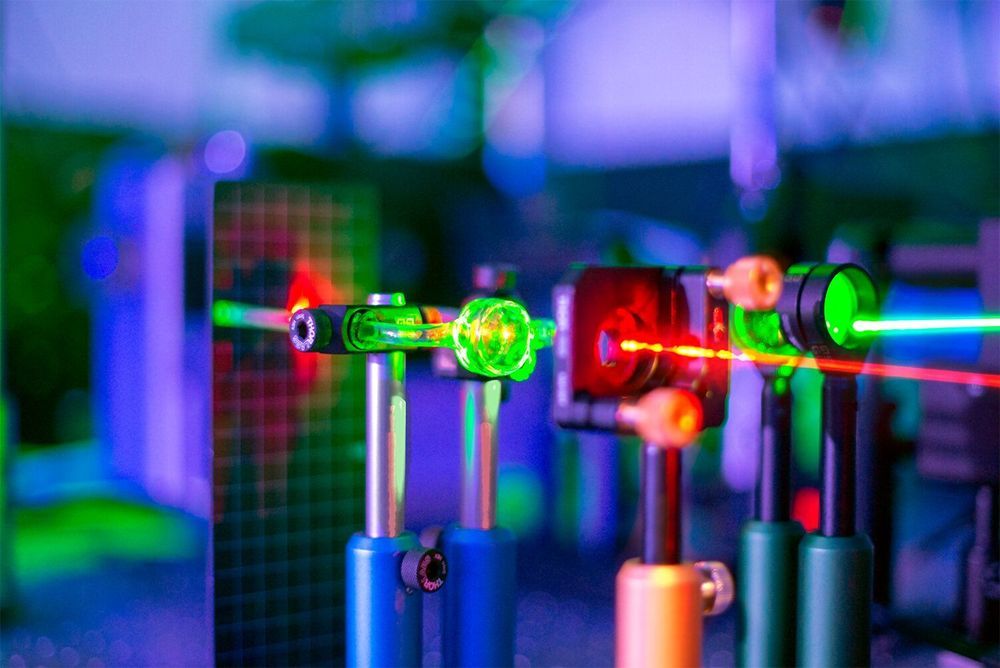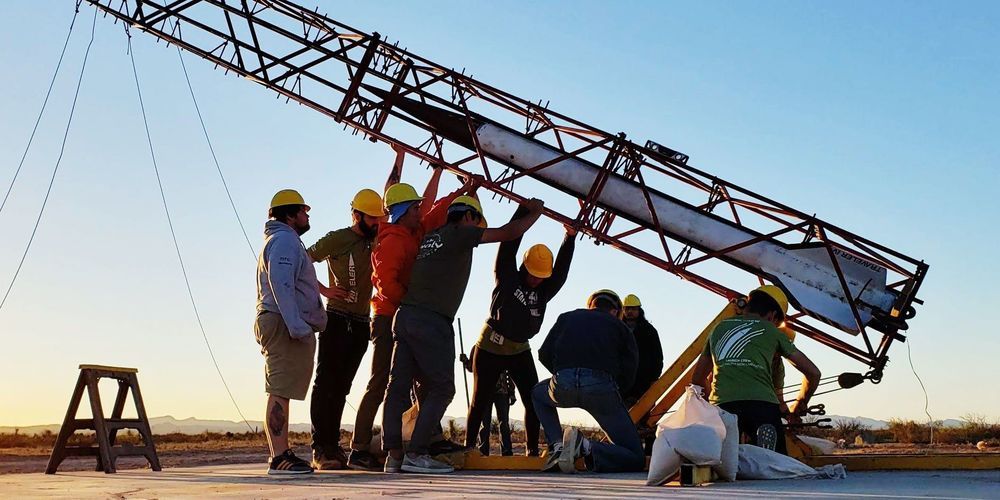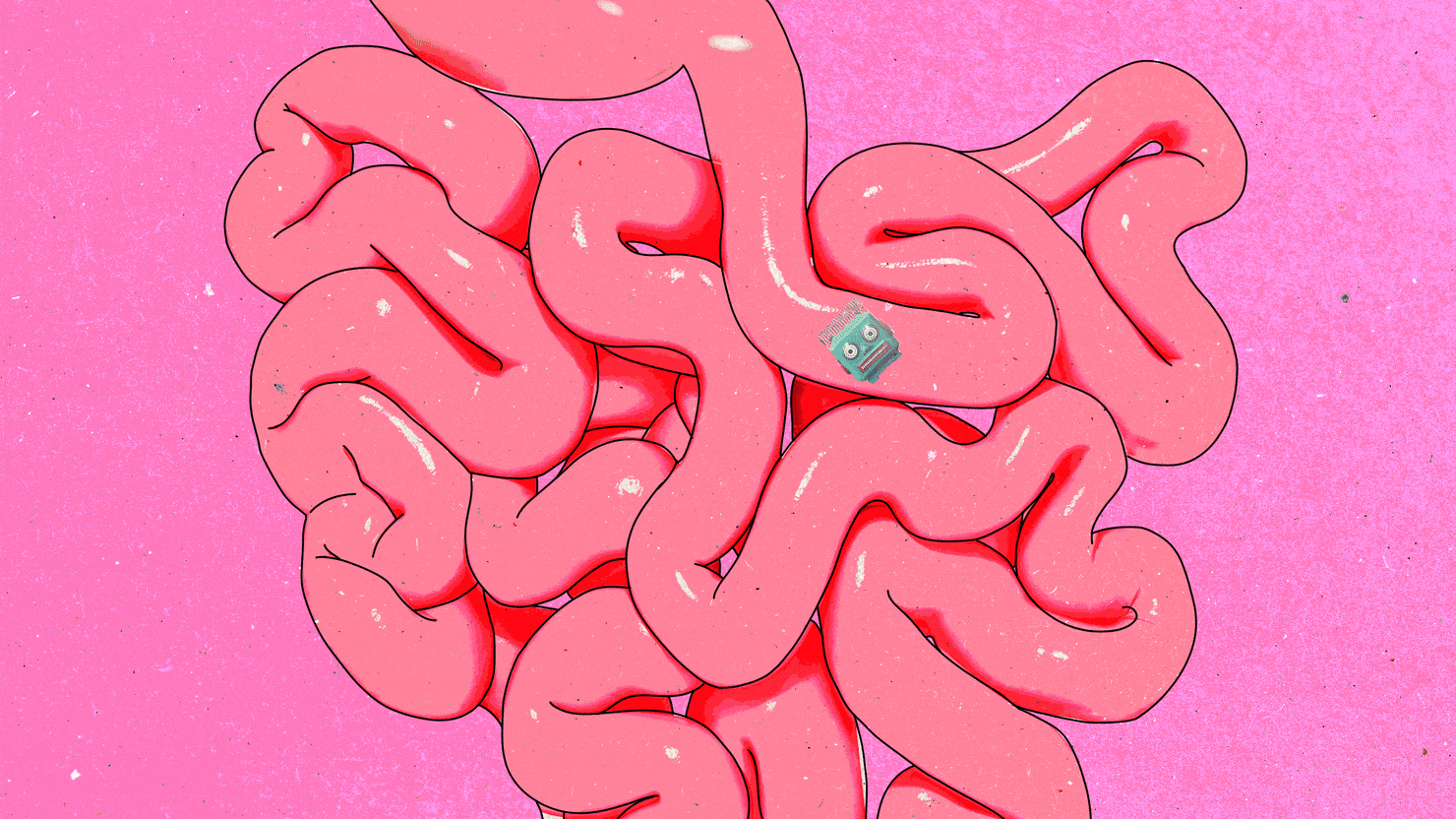May 24, 2019
SpaceX Just Unleashed 60 Starlink Satellites Into Orbit
Posted by Quinn Sena in categories: internet, satellites
SpaceX just successfully let loose 60 of its tiny Starlink satellites, intended to bring internet broadband connectivity to people across the globe. While it’s a good start, the Elon Musk-led space company still has its work cut out to truly bring internet to all.
“In a year and a half, maybe two years, if things go well, SpaceX will probably have more satellites in orbit than all other satellites combined — a majority of the satellites in orbit will be SpaceX,” Musk said during a conference call last week, as quoted by Space.com.
Successful deployment of 60 Starlink satellites confirmed! pic.twitter.com/eYrLocCiws
Continue reading “SpaceX Just Unleashed 60 Starlink Satellites Into Orbit” »


















